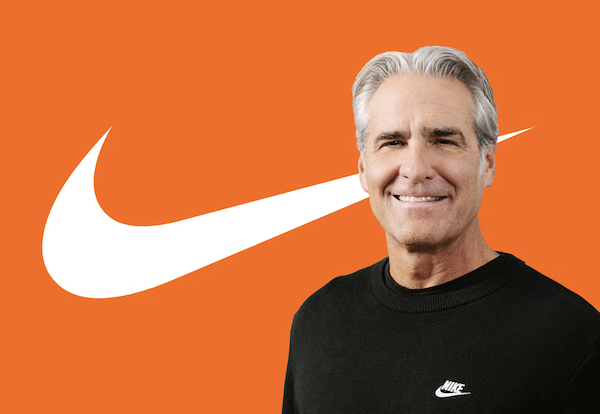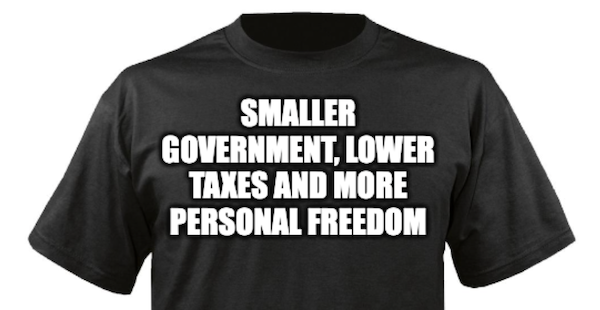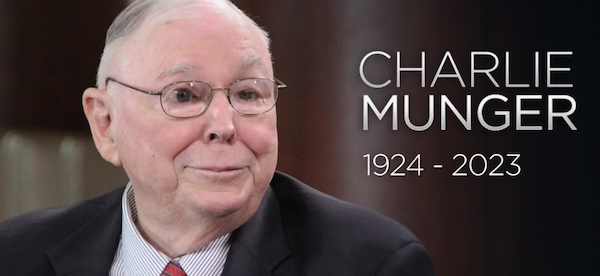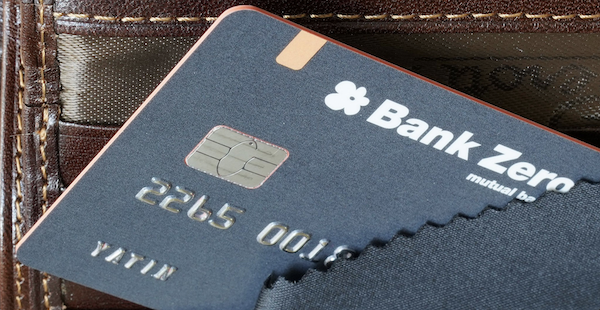Market scorecard
The US market is at a record high; as it should be. For the year to date, the S&P 500 is up 5%, which isn't bad. For those investors who bought at the tariff-induced April lows, it's been a spectacular run, we are up 24% since then.
We expect a stronger second half of the year as there are interest rate cuts to come, global consumers are in relatively good shape, and World War 3 seems to be off the table again.
In company news, gold miners tumbled as the price of the shiny metal fell on Friday; Newmont lost 4.1%, Barrick Mining fell 3.4%, and Kinross Gold shed 6.2%. Elsewhere, a good showing from Nike (more below) meant Dick's Sporting Goods, ON Holdings, and Lululemon were up 3.6%, 1.7% and 1.5%, respectively.
In summary, the JSE All-share closed down 0.11%, but the S&P 500 rose by 0.52%, and the Nasdaq ended up 0.52%. Ah, that feels good.
Our 10c worth
Michael's musings

Nike reported quarterly results last Thursday night. They were rather ugly, but the market was expecting worse, so the share price popped 15%.
Nike CEO Elliott Hill said that it was "time to turn the page." Nike is at an inflection point in their turnaround strategy, and Hill expects things to improve from here. Having said that, the company is only taking things one quarter at a time, and remains reluctant to give guidance too far out.
Nike has two main strategy shifts. The first is going back to its roots of focusing on wholesalers to distribute its products. Previously, dumping wholesalers in favour of higher-profit-margin direct-to-customer sales channels left massive gaps in the market, which upstart brands like Hoka and ON were more than happy to fill.
The second shift is to return to segmenting the company by sport category, instead of the previous management's focus on 'Men', 'Women' and 'Kids'. Imagine being a basketball shoe designer, and having to shift your focus to designing three different shoes for each of your reporting segments. Sounds very messy.
As for the sloppy numbers, revenue dropped 12% to $11 billion, with sales in North America and China down 11% and 20% respectively. Due to the costs of reorganisation and offloading old inventory, profits plummeted 86% to $211 million, down from $1.5 billion last year.
Nike isn't out of the woods yet. In previous announcements, management was very careful to warn the market that worse was still to come, but that has now changed. This is the first time the new management team has sounded upbeat about future prospects. Onwards and upwards.
One thing, from Paul

Claude-Frederic Bastiat was a French economist who said "Government is the great fiction, through which everybody endeavours to live at the expense of everybody else". As we all know, governments around the world are acting irresponsibly, spending much more than they bring in from taxes. Debt to GDP ratios are going to the moon.
Fed Chairman Jay Powell (one of my favourite people right now, because he's showing the middle finger to you-know-who) noted recently that when fiscal policy is ultra-loose, monetary policy must be kept tight.
Michael Wilson of MacroStrategy Partners says this scenario is a calamity because easy monetary policy unleashes productive, private sector resource allocation, whereas easy fiscal policy hands the reins to unproductive, government narratives.
Further, "Trump's Big Beautiful Bill is hoping that tax cuts spur growth, which will shrink the debt-to-GDP. If it fails, the US will be stuck in a deficit-debt-interest burden death spiral that ends with the Fed monetising the debt, the collapse of the dollar, rampant inflation and the impoverishment of the bourgeoisie. And absolutely nobody wants that."
Let's all campaign for smaller government, lower taxes and more personal freedom.
Byron's beats

The late Charlie Munger once said: "I can't think of a single example in my whole life where keeping it simple worked against us. We've made mistakes, but they weren't because we kept it simple."
We are big fans of keeping it simple here at Vestact. That's why we only offer 2 products, direct equity investing in New York and on the JSE. We don't get tangled up in client tax returns and financial planning affairs.
Our stock analysis methods are also relatively simple. We don't waste time on complicated models that spit out hogwash valuations, based on assumptions that probably won't come true. We like established businesses that operate in growing sectors with strong top-line revenue growth and large competitive moats. Simple as that.
Bright's banter

Lesaka (formerly Net1 UEPS) is buying Bank Zero, the local digital bank known for its zero-fee model and slick app experience. Lesaka will buy 100% of Bank Zero for around R1.09 billion, with shareholders of the bank set to receive a mix of cash (up to R91 million) and new shares, enough to give them around 12% of Lesaka's fully-diluted equity.
Founded in 2018, Bank Zero has positioned itself as a modern alternative to legacy banking, offering low-cost, app-based services to both retail and business clients. As of April 2025, it had over 40 000 funded accounts and R400 million in deposits. The acquisition gives Lesaka a digital-first banking platform to layer onto its fintech and payment services.
Following the deal's completion, Michael Jordaan, one of Bank Zero's co-founders and its most recognisable backer, will join the Lesaka board of directors. Yatin Narsai will stay on as CEO of Bank Zero, with the rest of the leadership team also remaining in place. The goal is to ensure continuity while weaving Bank Zero's digital DNA into the broader Lesaka ecosystem.
Linkfest, lap it up
Should AI models pay a premium to train on copyrighted material? A judge ruled that training is similar to a human reading the book, and it doesn't result in any lost sales for authors - Interesting AI-related lawsuit.
An immersive 'flow state' isn't only accessible to great artists and athletes. You can find your flow too - Ingredients for brilliance.
Signing off
Asian markets are higher this morning, carrying over positive sentiment from a strong US close on Friday. The Nikkei jumped 1.5% after Japan's top trade negotiator extended his stay in the US for further talks.
In local company news, Remgro is further simplifying its investment structure. The holding company will swap their current eMedia Investments shares (unlisted) for eMedia Holdings shares (the listed holding entity). After the swap, they will distribute those shares to Remgro shareholders. The upside for eMedia Holdings is that there will be an increase in liquidity for their shares, which should hopefully help to improve the share price.
The Rand is at $/R17.77. It was above R17.90 on Friday over concerns that the GNU would break up this weekend, but those fears are now behind us. US futures are pointing towards another green open for the market.
We are heading into the second half of the year. Have a great week.